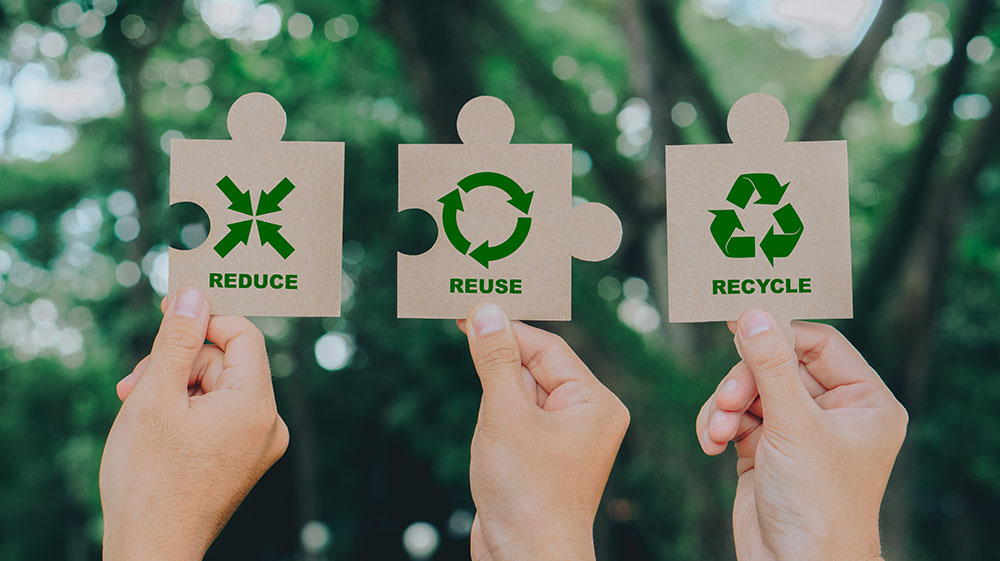
Plastic packaging: is it a problem?
Navigating the intersection of sustainability and convenience, we tackle the complex journey with plastic. How can we reshape our connection to it?
Are you sure you want to remove this item from cart?

Written by
on
4 minutes to read

Plastic pollution remains a major environmental challenge worldwide, with countries contributing at vastly different levels. Understanding the latest statistics on plastic production and waste management is essential to creating effective, region-specific solutions.
As of 2025, global thermoplastics production is projected to reach approximately 445 million metric tonnes, a steady rise driven by increasing demand across industries¹. This surge has led directly to more plastic waste, especially from packaging, which alone accounts for over 140 million metric tonnes annually².
Plastic waste output varies significantly by country:

A key issue isn’t just how much plastic waste is produced—but how much of it is mismanaged. Mismanaged waste refers to plastic that is improperly collected or disposed of, often ending up in nature. Countries like Nigeria (87.5%), India (68.6%), and Indonesia (43.8%) have some of the highest rates of mismanaged waste, while wealthier countries such as the U.S. (5.1%) and UK (6%) perform better, though still not ideally 11.
This imbalance underscores how economic disparities influence environmental outcomes. Many developing nations lack the infrastructure to properly collect, sort, or recycle plastic, resulting in widespread dumping into the environment.
Hopes were high that a United Nations global plastics treaty would be finalized by the end of 2024. However, negotiations stalled due to resistance—especially from oil-producing countries—over proposed limits on plastic production12. Talks are set to resume in Geneva in August 2025. Until a binding global agreement is reached, much of the progress will depend on local action and community-led solutions.

Waiting for governments to implement policies or corporations to take action does not solve the plastic crisis, given the alarming rates at which plastic pollution is increasing.
Solutions like Plastic Bank’s are already making a measurable impact today. As a social enterprise, Plastic Bank empowers collection communities most affected by plastic waste. Operating in countries such as the Philippines, Indonesia, Egypt, Brazil, Thailand, and Cameroon, Plastic Bank’s community members can exchange collected plastic for money, social benefits, and essential goods.
Since the launch of Plastic Bank, its communities have helped prevent hundreds of millions of plastic bottles’ worth of waste from polluting the environment. It’s a model that connects waste recovery with poverty reduction, demonstrating that environmental action and social empowerment can go hand in hand.Join the movement: https://staging.plasticbank.com/pricing/

Navigating the intersection of sustainability and convenience, we tackle the complex journey with plastic. How can we reshape our connection to it?

It’s been more than a week since World Oceans Day, a time when governments, corporations, and communities declare their commitment to protecting our seas. But beyond the slogans and social media filters—are we actually making progress?

Uncover how it all began! Discover Plastic Bank’s journey from realization and vision to global impact, transforming plastic waste into currency and empowering communities.

Let’s explore why single-use plastic dominates our society, its hidden costs, and how you can take action to reduce plastic waste.